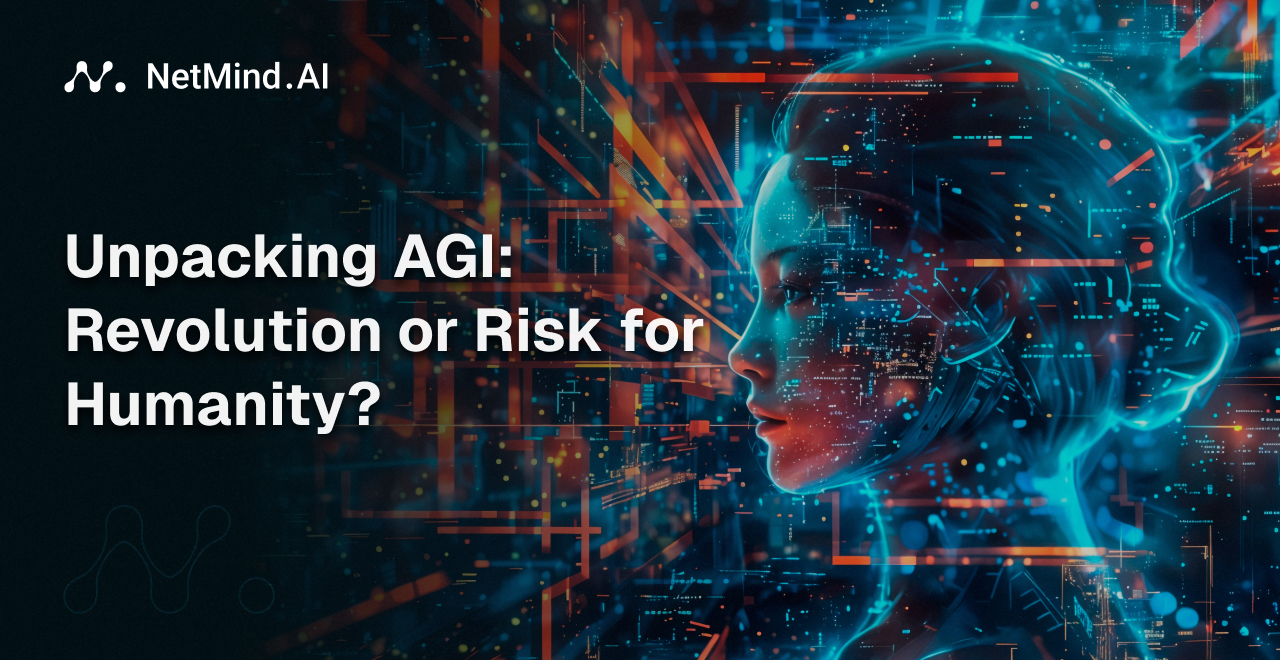Unpacking AGI: Revolution or Risk for Humanity?

Artificial General Intelligence (AGI) has long captivated and concerned experts, offering a future where machines can reason, adapt, and solve problems with human-like depth and flexibility. Unlike narrow AI models like ChatGPT, AGI promises a broader, more adaptable intelligence.
Key ideas
-
Understanding AGI: AGI differs from current AI models by its ability to understand, learn, and reason across any domain without predefined parameters. While today's AI excels at specific tasks, AGI aims to achieve a more generalized, human-like intelligence. The timeline for AGI's development is debated, with some experts predicting it could be achieved within a few years or decades, while others believe it may take much longer or may never be realized.
-
Potential Impact and Challenges of AGI: AGI could revolutionize fields like space exploration, healthcare, and scientific research, but it also raises significant concerns. Key issues include the environmental cost of running AGI, the risk of misaligned goals, ethical dilemmas, and economic disruption. AGI could potentially make decisions that conflict with human values or exacerbate resource shortages. Ensuring AGI aligns with human ethics and values is a critical challenge.
-
Leading AGI Research: Several organizations are at the forefront of AGI research, including OpenAI, AGI Odyssey, DeepMind, and Anthropic. These companies are focused on developing AGI in ways that benefit humanity, emphasizing ethical safeguards, transparency, and accessibility. Their work highlights the importance of guiding AGI development responsibly to mitigate risks and maximize benefits.
Read more at: blog.netmind.ai
2025-01-12